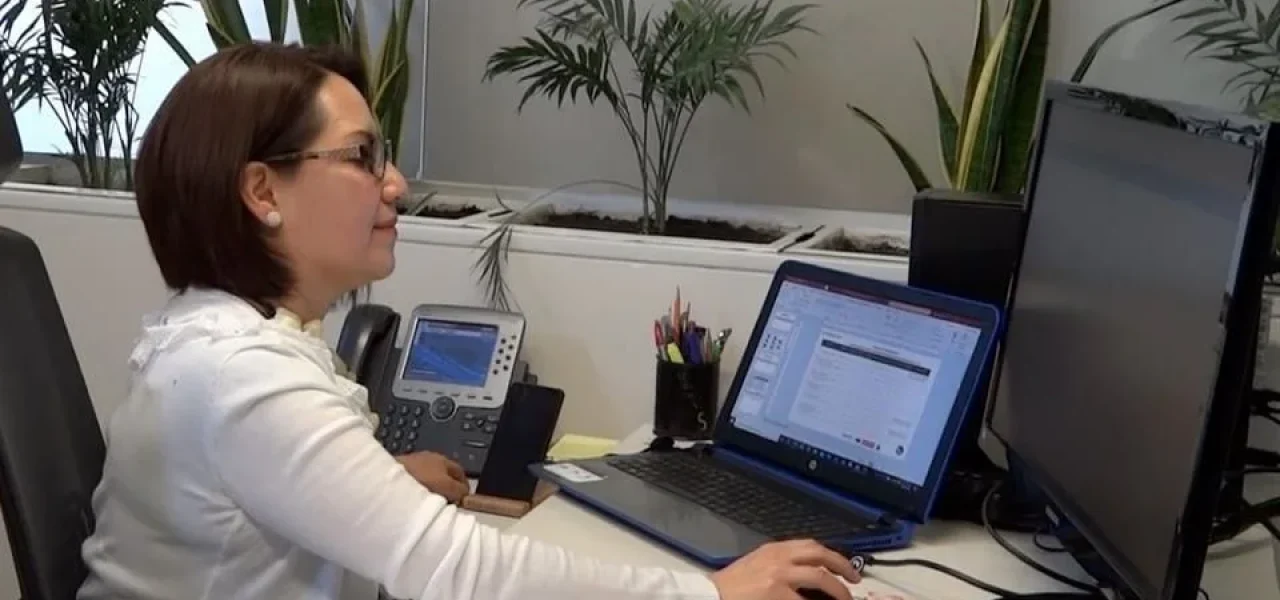Companies and businesses will be required to include in their Internal Labor Regulations provisions relating to rest periods and for the use of seats in order to comply with the law denominated as the “Chair Law”, which entered into force today.
This law states that employers must provide seats or chairs with backrests both for the performance of employees’ job duties and for periodic rest during the workday.
An analysis conducted by the De la Vega & Martínez Firm warned that this applies chiefly to the services and commercial sectors and to work centers with activities that are compatible with this measure, and can only be limited for safety reasons.
This means that, except in duly justified exceptional cases, no employee must be required to stand during his entire shift.
“The regulation encourages the update of Internal Labor Regulations to include the provisions relating to rest periods and the use of seats. This is not only a legal requirement, but also a good practice to prevent conflict and reinforce the culture of compliance within organizations”, the legal Firm warned.
They added that the Department of Labor and Social Welfare (STPS) will conduct more than 43,000 verification visits throughout the country this year, including specific actions to supervise compliance with the “Chair Law”.
“The use of digital tools, such as the Digital Inspection System (SIDIL) and the Labor Complaints and Accidents System (SIQAL), enables the authorities to strategically identify work centers with higher risk of non-compliance. This digital oversight, in combination with direct complaints, enhances the government’s capacity for supervision and enforcement”, they stated.
In face of this situation, the Firm recommended to conduct a workplace position assessment to identify roles that require adaptation, procure suitable ergonomic furniture, and provide training to personnel on the new rights and obligations.
Likewise, they suggested amending Internal Labor Regulations and maintaining documentary evidence of the implemented measures, which will be extremely important in the event of an inspection.
It is worth noting that failing to comply with the “Chair Law” can result in fines from 250 to 2,500 times the Unit of Measurement and Update (between 28,000 and 282,000 pesos) and, in case of recividism this could even be punished with the temporary suspension of work in the work center.



